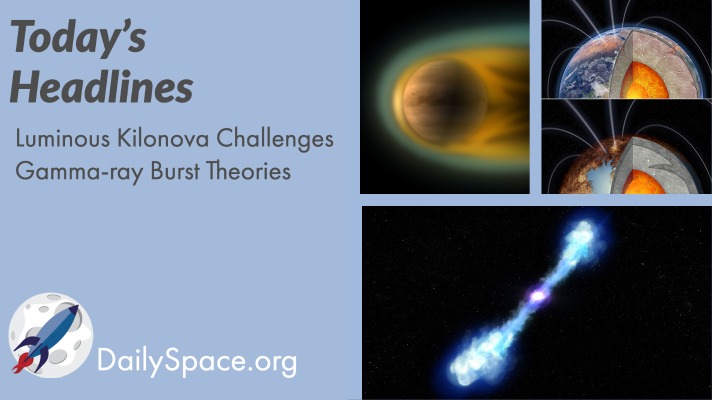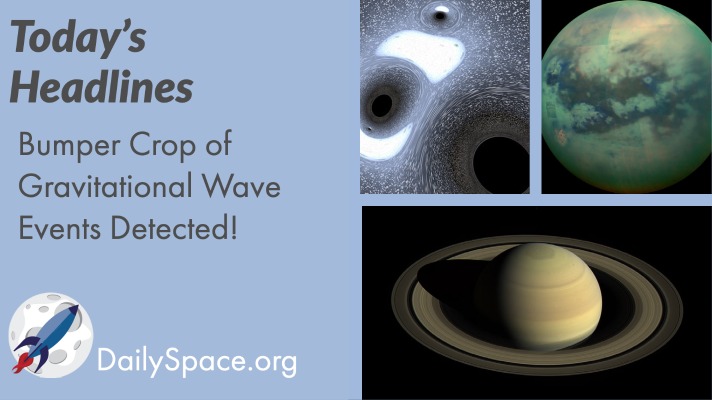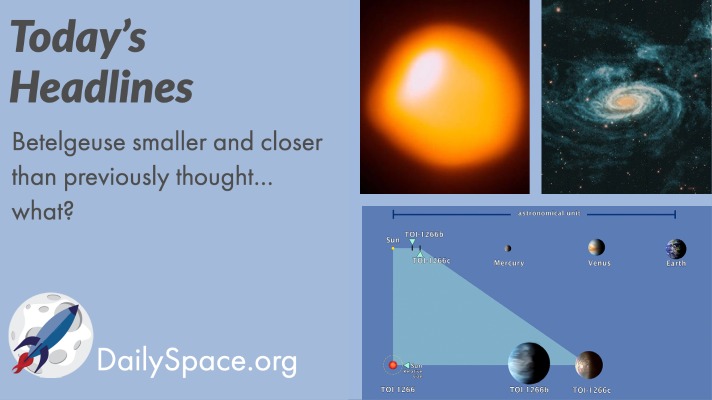


First Brown Dwarf Discovered Using Radio Observations
We’re back! Today we’re bringing you all the latest news, from a fast radio burst in our galaxy to the first brown dwarf discovered using radio telescopes. And telescopes are the hot topic today: using them, renaming them, and sadly, breaking them. Plus the Atacama Desert and Martian life, Europa’s glow, and a roundup of recent planetary science stories.

Bumper Crop of Gravitational Wave Events Detected!
Today’s top story brings us 39 new gravitational wave detections of black holes and neutron stars, courtesy of the LIGO and VIRGO detectors. Also, it’s Titan’s turn for interesting molecules in the atmosphere, and researchers examined impact craters to see what might lie beneath Titan’s surface. Plus, Hayabusa2’s impact on Ryugu and an updated origin story for Jupiter and Saturn.

Planetary Pandemonium for 16 October 2020
New radio images from the ALMA telescope show the direct effects of Io’s volcanism on its atmosphere. Plus, we’ll take a look at the next NASA missions to small bodies that we have to look forward to now that OSIRIS-REx has completed the first touch-and-go sample. And you should smile and wave up at the sky because there are exoplanets that could see us, too

Betelgeuse smaller and closer than previously thought… what?
All of Betelguese’s strange behavior for the last year had everyone looking at the star, which the latest research shows is smaller and closer than previously calculated. Plus, InSight’s mole is finally all the way underground, new measurements of atomic hydrogen in distant galaxies, and two planets have been discovered around a red dwarf star.

Exoplanet guardians, quasar jets, and a globular cluster
Today we look at three astronomical stories! First, simulations show that rocky Super-Earth sized exoplanets have a Jupiter-sized guardian. Then a study of over 700 quasars shows they form because of… magnetic fields, of course! And finally, spare observation time leads to the discovery of a metal-poor globular cluster near the Andromeda Galaxy.


 We record most shows live, on Twitch. Follow us today to get alerts when we go live.
We record most shows live, on Twitch. Follow us today to get alerts when we go live.